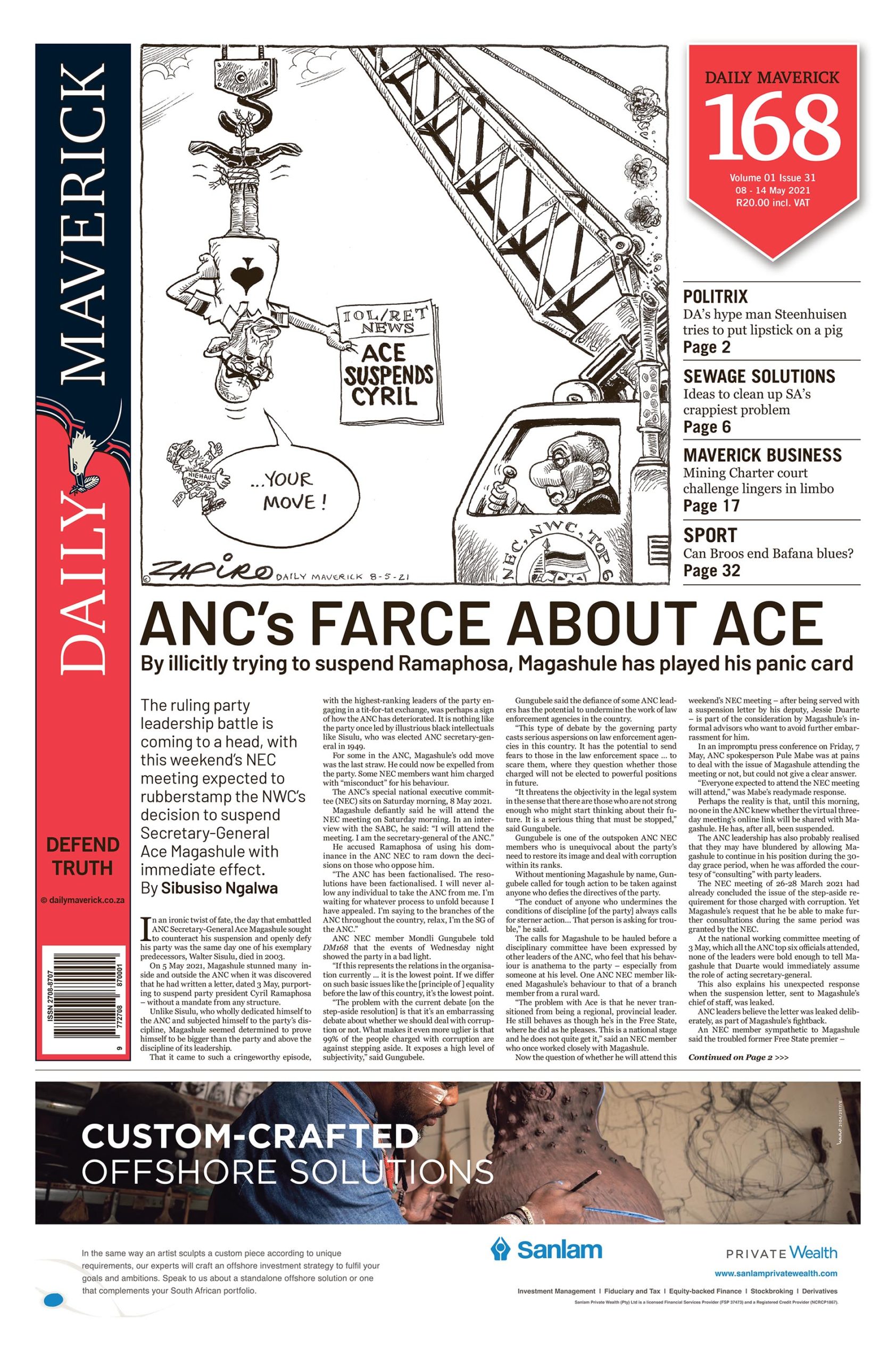First published in the Daily Maverick 168 weekly newspaper.
Answer: When you die, there are three significant costs that are incurred:
- Capital gains tax (CGT);
- Executor fees; and
- Estate duty.
In an earlier article, I showed you some strategies on how to save on executor fees.
Your adviser is correct in saying that moving your shares into an endowment policy may trigger a capital gain event. But I do not believe that this will negate any gain in saving on executor fees. I will outline my reasoning below.
One of the taxes you cannot get away from is CGT. Death will trigger a capital gain event. If you do not sell the asset in your lifetime, it will be deemed to have been disposed of at your death. CGT will have to be paid then.
CGT will have to be paid at some stage. You can pay it:
- In full at death; or
- In stages – now and on the growth from now till death.
The capital gain event will happen no matter what, so if you move the shares into an endowment structure with a beneficiary, you will not pay any more in CGT (in fact there could be a R40,000 saving, but I will get to that). You will, however, save on the 4% executor fees.
When you die, your estate gets an exemption on the first R300,000 in CGT. This amount is reached surprisingly quickly, as can be seen below:
Remember that the first R2-million of the gain on your primary residence is excluded from this number.
Something that many do not realise is that you get a R40,000 exclusion on CGT each year.
If you use this cleverly, you can reduce the CGT that you pay to the SA Revenue Service in your lifetime. This is one of those “use it or lose it” benefits. It does not roll over from year to year. If you do not use it in a year, it will not be added to next year’s amount.
Depending on your tax rate, you can make quite a healthy gain on your assets before you have to pay CGT, as can be seen below:
Someone with an 18% tax rate can have a gain of R555,556 and not pay CGT, while someone on a 45% tax rate would pay tax on gains above R222,222. This means that you can sell assets each year, take the capital gain and reinvest it so your starting point is higher. This will help you reduce your CGT liability when you die.
Insider tip
If your tax rate is above 30%, make your longer-term investments through an endowment policy. The effective CGT rate here is only 12%. You will save on CGT and, if you attach a beneficiary, you will not have to pay executor fees.
When your financial adviser does your annual review with you, look at which assets could be sold to take advantage of this R40,000 exclusion. You will need to do the numbers but, in most cases, moving your base cost each year can reduce your tax bill.
There are lots of moving parts when doing financial planning, especially at the time of death. You need to take a holistic view of your affairs. You want to reduce any leakage in the form of avoidable costs and unnecessary taxes.
Capital gains tax is the one tax that takes many people by surprise when there is a death. It is also the hardest one to get around. If you systematically sell some of your assets each year, you can reduce the overall amount of tax you pay.
To answer your question, there are solid reasons to pay CGT early, shift the holdings into an endowment policy, and save on the executor fees. DM168
This story first appeared in our weekly Daily Maverick 168 newspaper which is available for free to Pick n Pay Smart Shoppers at these Pick n Pay stores.


















 Become an Insider
Become an Insider
Your two tables setting out “gain on assets before CGT must be paid” need an explanation as to how these figures are arrived at. As they stand they appear to be incorrect.
You are correct Marian I mistakenly treated the R40 000 capital gain exemption as a R40 000 tax exemption.
Apologies for the confusion.